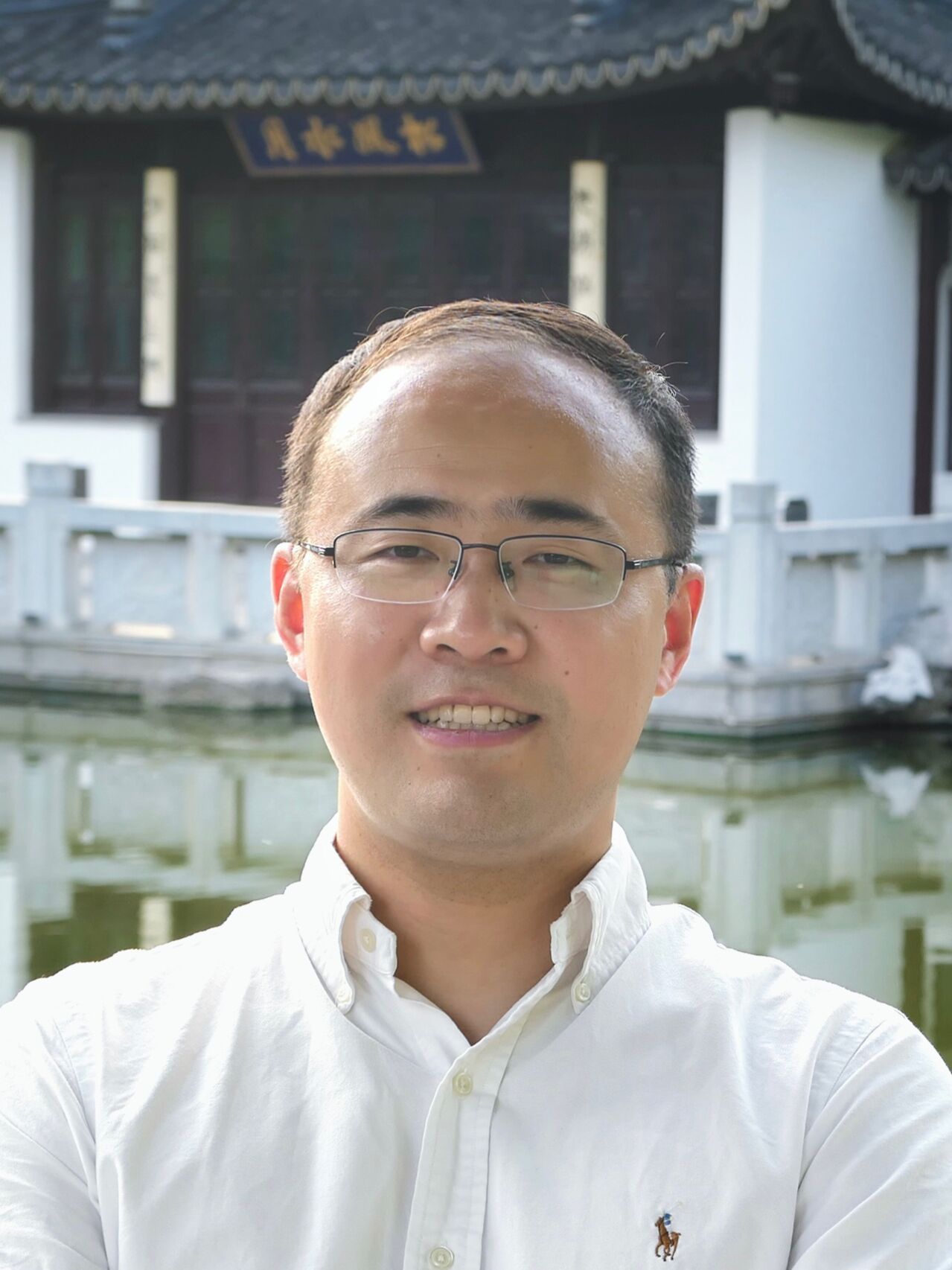Chao Qian
Chair
He is an Associate Professor in the School of Artificial Intelligence, Nanjing University, China. He received the BSc and PhD degrees in the Department of Computer Science and Technology from Nanjing University. After finishing his PhD in 2015, he became an Associate Researcher in the School of Computer Science and Technology, University of Science and Technology of China, until 2019, when he returned to Nanjing University.
His research interests include artificial intelligence, evolutionary computation and machine learning. He has published one book “Evolutionary Learning: Advances in Theories and Algorithms”, and over 50 papers in top-tier journals (AIJ, ECJ, TEvC, Algorithmica, TCS) and conferences (AAAI, IJCAI, NeurIPS, ICLR). He has won the ACM GECCO 2011 Best Theory Paper Award, the IDEAL 2016 Best Paper Award, and the IEEE CEC 2021 Best Student Paper Award Nomination. He is an associate editor of IEEE Transactions on Evolutionary Computation, a young associate editor of Science China Information Sciences, an editorial board member of the Memetic Computing journal, and was a guest editor of Theoretical Computer Science. He is a member of IEEE Computational Intelligence Society (CIS) Evolutionary Computation Technical Committee, the founding chair of IEEE CIS Task Force on Evolutionary Learning, and was also the chair of IEEE CIS Task Force on Theoretical Foundations of Bio-inspired Computation. He has regularly given tutorials and co-chaired special sessions at leading evolutionary computation conferences (CEC, GECCO, PPSN), and has been invited to give an Early Career Spotlight Talk "Towards Theoretically Grounded Evolutionary Learning" at IJCAI 2022. He will be a Program Co-Chair of PRICAI 2025. He is a recipient of the National Science Foundation for Excellent Young Scholars (2020), and CCF-IEEE CS Young Computer Scientist Award (2023).





